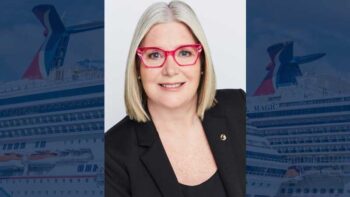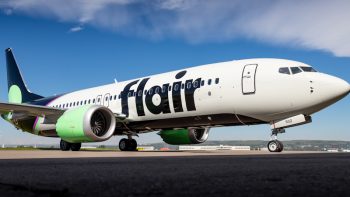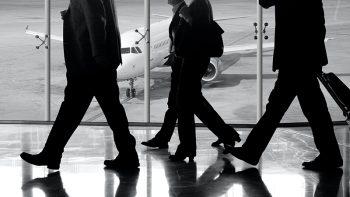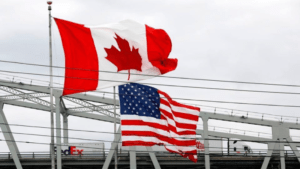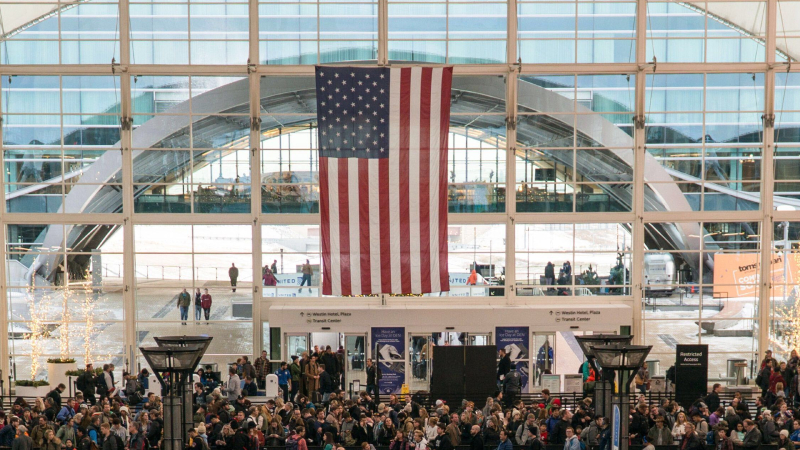
In a significant move that could reshape air travel for millions of passengers, the U.S. Department of Transportation (DOT) is calling for stronger consumer protections in the airline industry as the Biden administration approaches its final weeks.
The department has unveiled a proposal aimed at ensuring compensation for travellers who experience substantial delays or cancellations where the airline is at fault.
The proposed regulations would require airlines to compensate passengers with payments from $200 to $775, depending on the severity of the disruption. Issues that would trigger compensation include mechanical failures, staffing shortages, and technical glitches; situations the airlines control.
Notably, this initiative follows the chaos surrounding Southwest Airlines' operational breakdown during the 2022 holiday season, which cost the airline an estimated $825 million.
Transportation Secretary Pete Buttigieg expressed optimism about the proposed changes, suggesting they mark a pivotal step towards a more consumer-friendly air travel landscape. He emphasized that passengers should not bear the financial burden resulting from disruptions caused by airlines.
The proposed policy matches more closely with protections in other countries. Under EU regulations, passengers on flights that are cancelled within two weeks or delayed by three hours or more can claim up to 600 euros (roughly USD$634) if the delay stems from airline mishaps.
The proposal is not without its critics. Airlines for America (A4A), the main lobbying group for U.S. airlines, argues that such regulations are unnecessary and could inflate ticket prices. They contend that the competitive nature of the airline industry already incentivizes carriers to provide reliable service.
On the other hand, a consumer advocacy organization notes that lengthy tarmac delays are virtually nonexistent in Europe due to the financial penalties airlines face.
As the DOT seeks public feedback on these proposals over the next 60 days, it builds on a broader context of recent scrutiny surrounding airlines' ancillary fees. Just days before the announcement, executives from major U.S. carriers faced tough questions from a Senate subcommittee regarding their practices of charging high fees for services such as seat selection and luggage.
Projections show that global airline ancillary revenue from all fees could soar to $148.4 billion by 2024. That represents a 26% increase from last year, underscoring the industry's reliance on these additional charges.
With the public invited to weigh in on these proposals, the outcome could significantly impact how airlines operate in the future.

